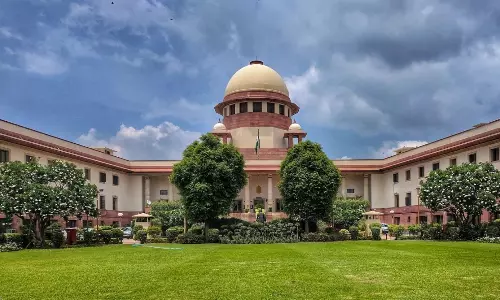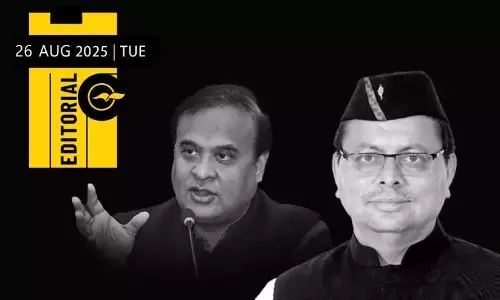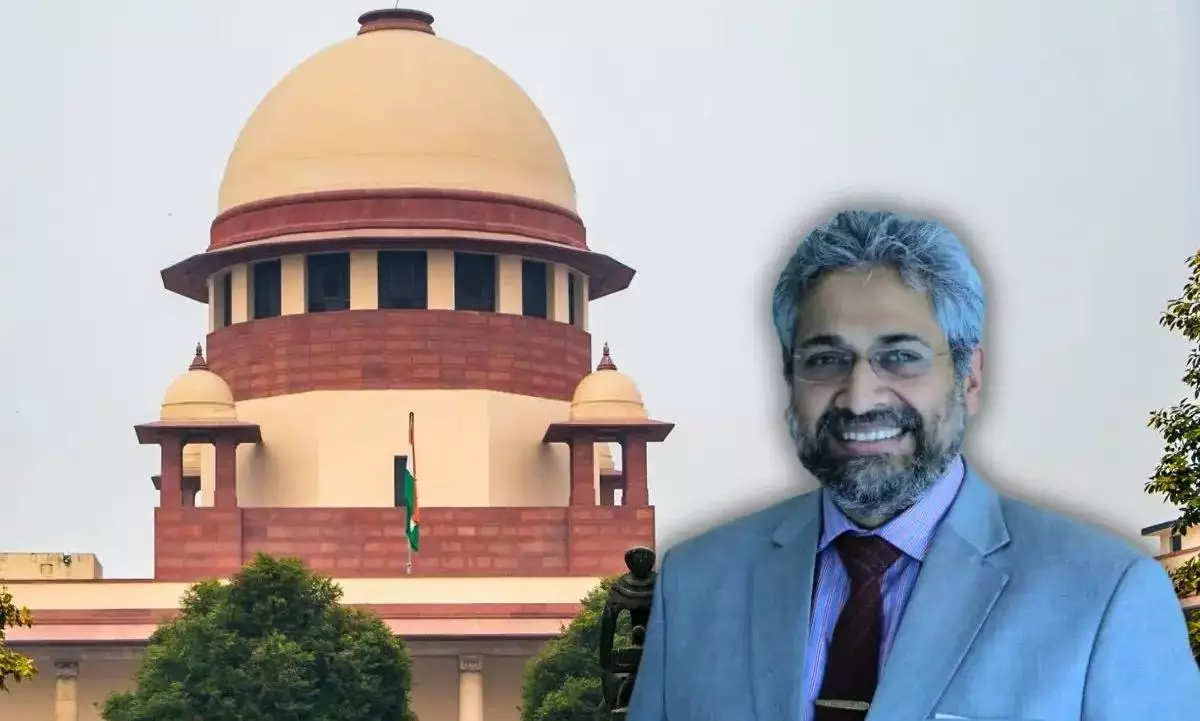
SC shields The Wire editor from arrest under sedition-like charge over Operation Sindoor article
text_fieldsThe Supreme Court on Tuesday granted interim protection from arrest to The Wire’s founding editor Siddharth Varadarajan and members of the Foundation for Independent Journalism in connection with a first information report filed by the Assam Police over an article on Operation Sindoor, and it also issued notice to the Union government while tagging the matter with another petition challenging the same provision.
The case, registered at Morigaon police station on 11 July under Section 152 of the Bharatiya Nyaya Sanhita, pertains to acts endangering the sovereignty, unity and integrity of India, and it was filed after the news outlet carried a report quoting an Indian defence attaché’s remarks during a seminar in Indonesia on the military tactics used in the operation.
A bench of Justices Surya Kant and Joymalya Bagchi passed the interim order on a writ petition by the foundation and Varadarajan, who challenged the constitutionality of Section 152 on the grounds that it was essentially a rebranded form of the colonial sedition law, while the petitioners also argued that the provision was vague, broadly worded and capable of creating a chilling effect on press freedom.
The bench questioned whether the possibility of misuse could justify striking down the law and examined whether custodial interrogation was necessary when the alleged offence stemmed from an article published by a news outlet, as the petitioners contended that the article included the Indian embassy’s response and was also reported by several other media organisations.
The petitioners asserted that the registration of the FIR amounted to an abuse of legal process and an attempt to suppress journalistic reporting, while the court also heard submissions on whether the media should be treated as a separate class in such cases.
Critics of the provision, in a separate matter before the court, have argued that Section 152 was effectively a reincorporation of Section 124A of the Indian Penal Code, whose operation had been kept in abeyance by the Supreme Court in May 2022, when it directed that proceedings under the sedition law be paused.
The issue now forms part of a broader constitutional challenge to the validity of the provision in the new Bharatiya Nyaya Sanhita, which replaced the IPC in July 2024.























